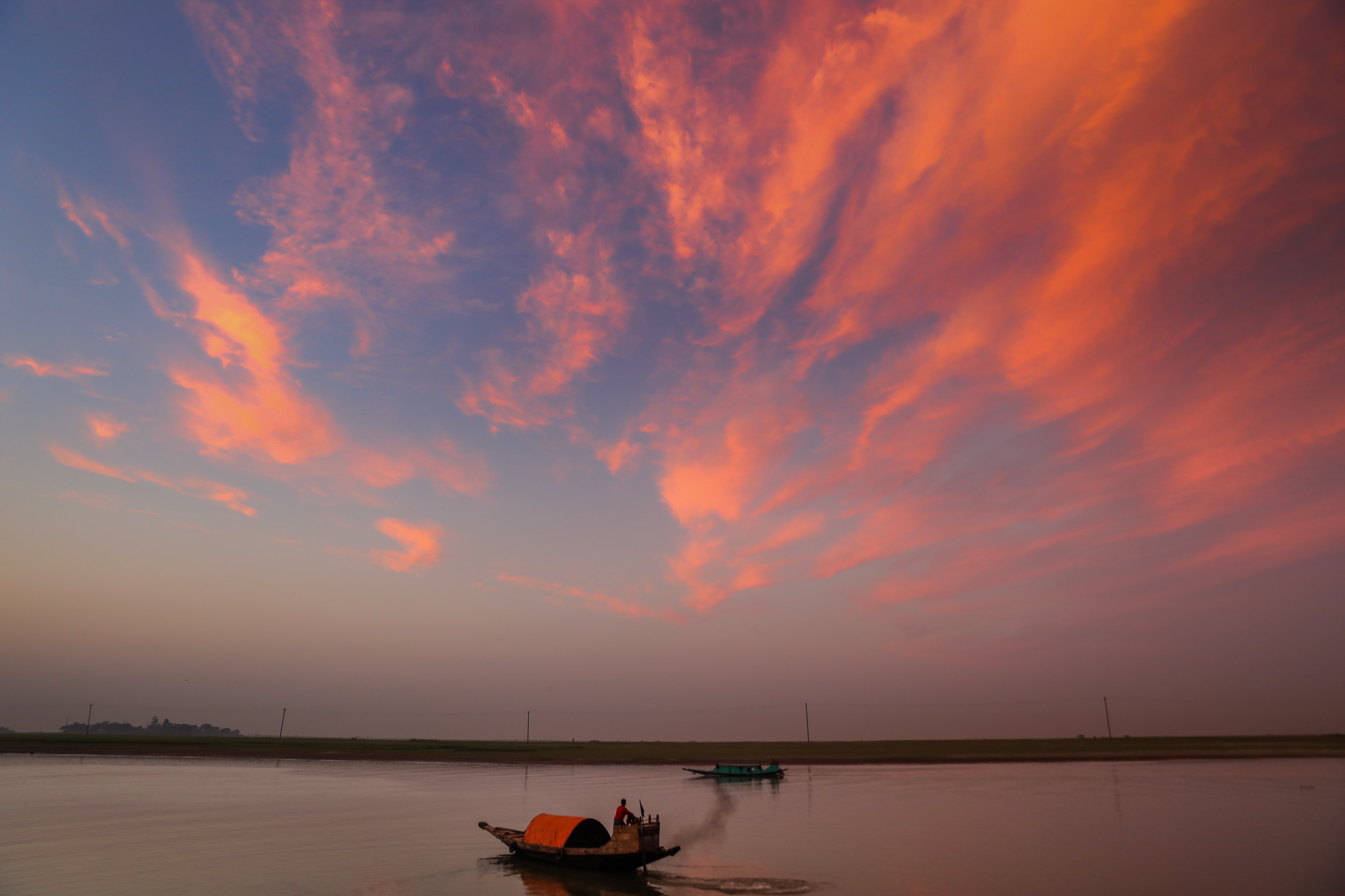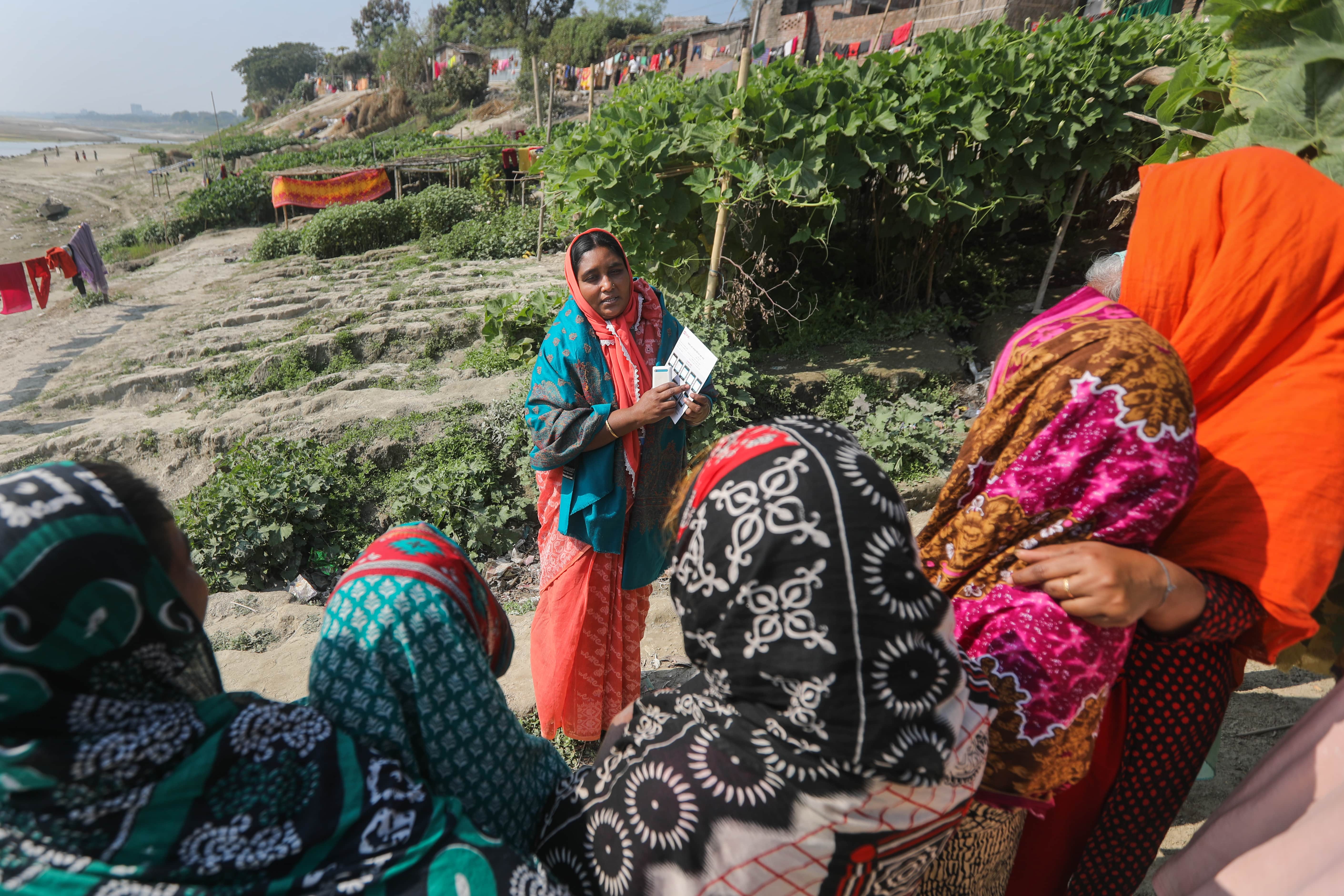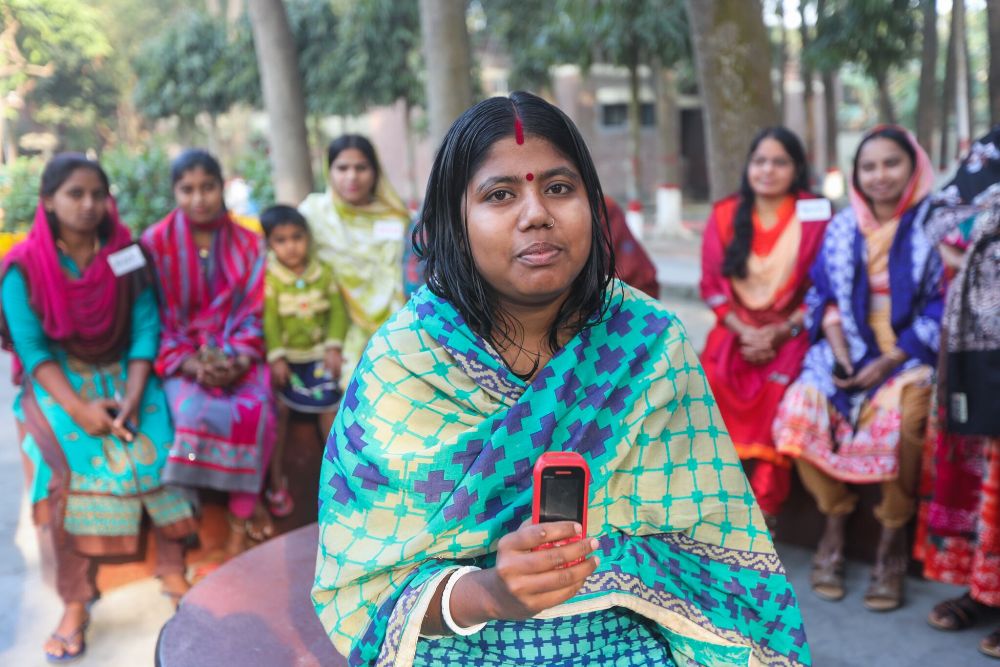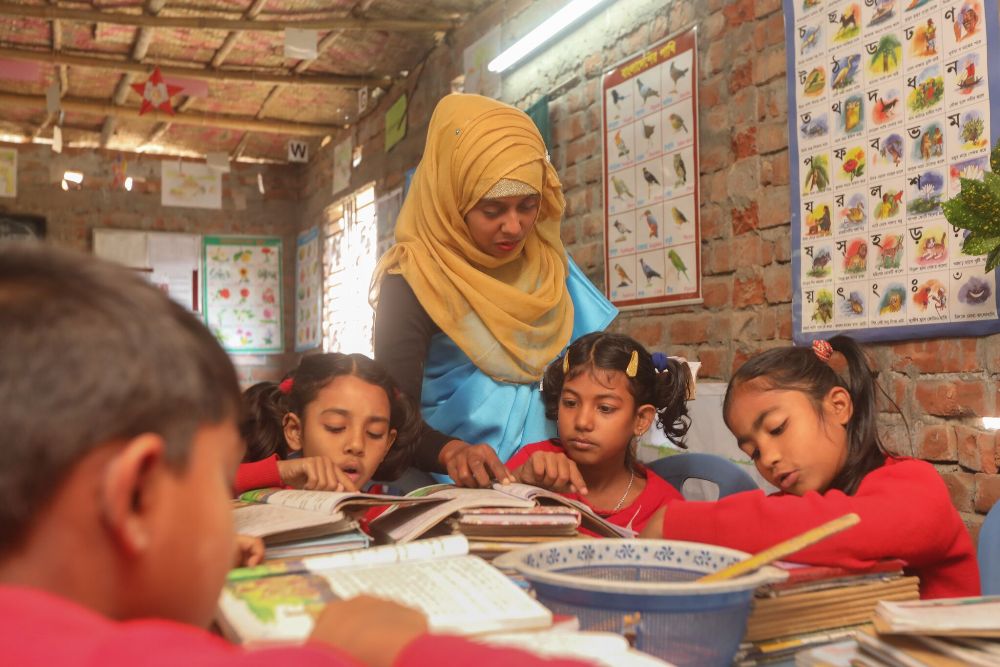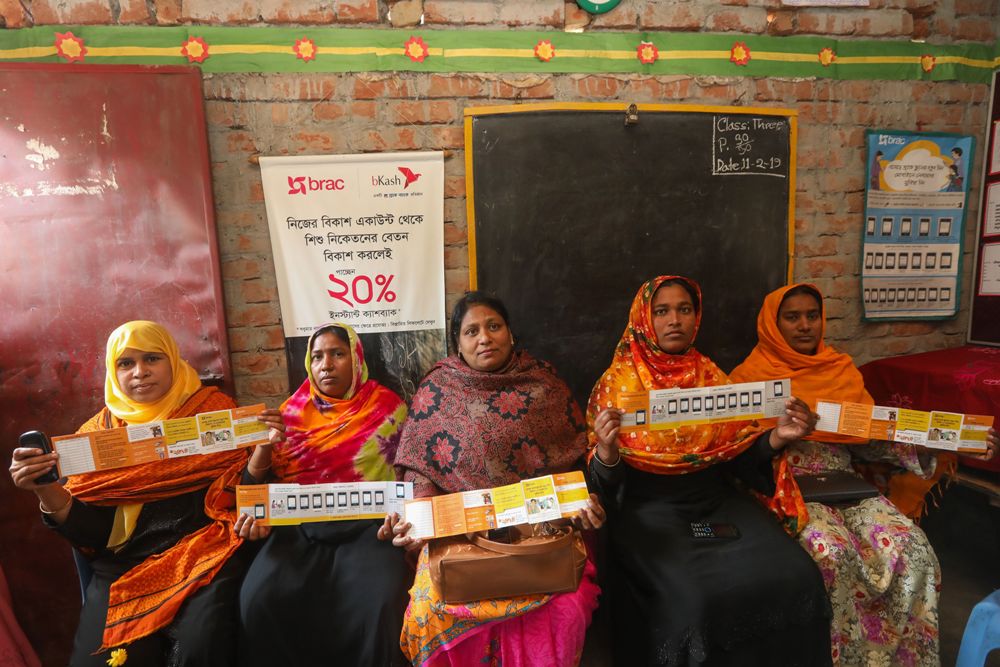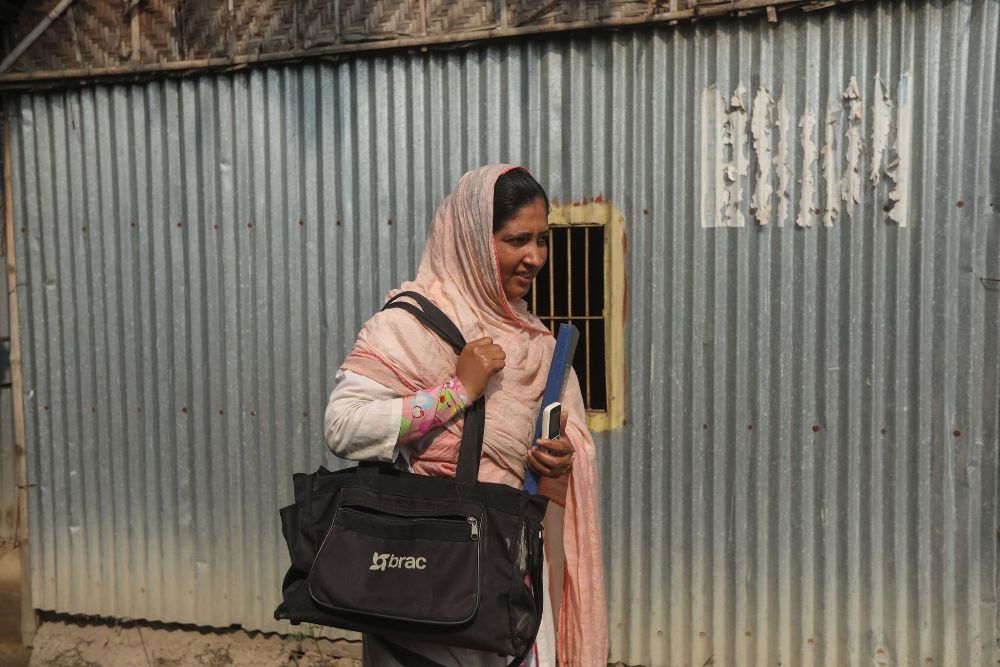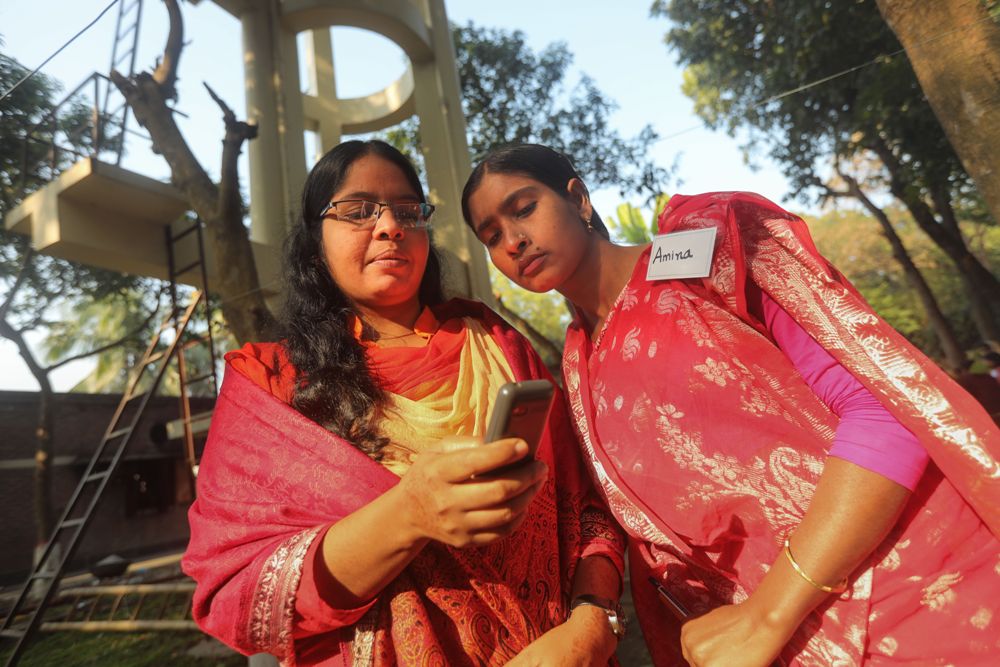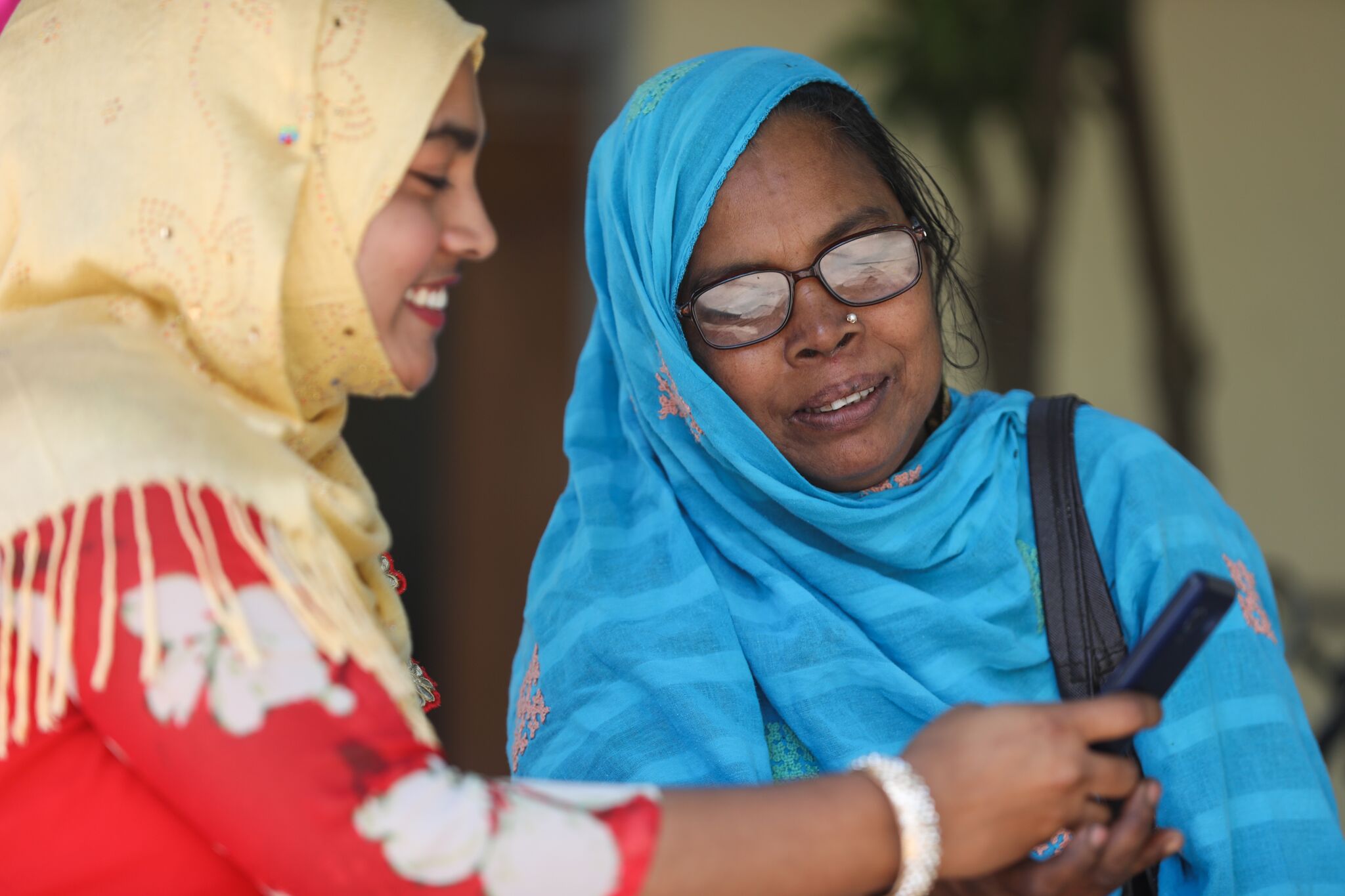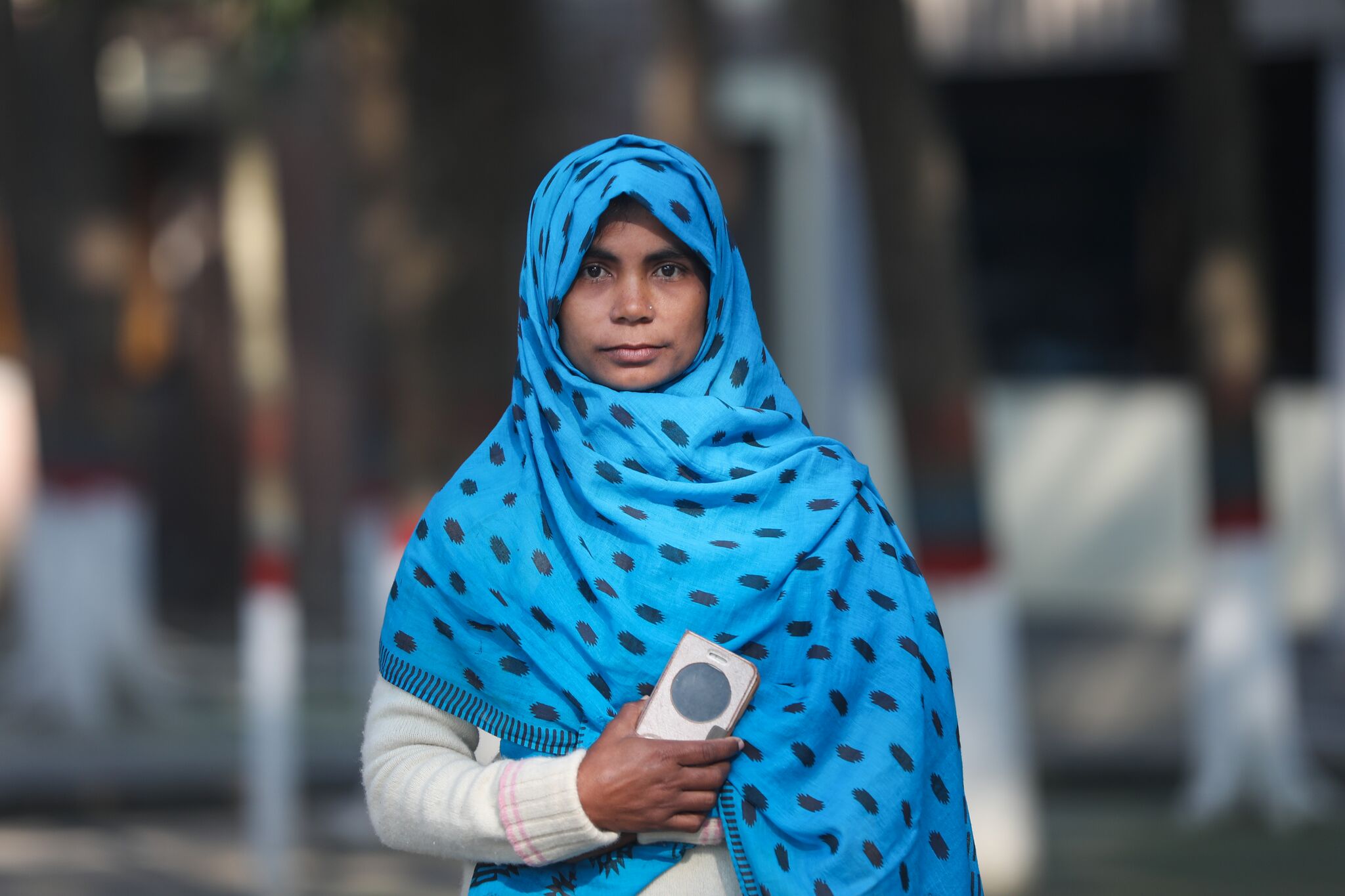It is widely accepted that financial inclusion is key to reducing poverty and achieving inclusive economic growth. Yet, the Global Findex shows that as of 2017, about 1.7 billion adults remain unbanked – without an account at a financial institution or through mobile money. Globally, half of the unbanked adults come from the poorest 40 percent households of their economy. Of the unbanked, 56% are women.1 In developing nations like Bangladesh, Pakistan, Jordan and Nigeria, cultural norms play a role, limiting women’s access to accounts and agents.
Studies find that women’s usage of mobile money is linked with improvement of their household’s earning potential and future wellbeing. Research shows that in both Indonesia and Tanzania, women micro-entrepreneurs encouraged to open mobile savings accounts reported having greater household decision-making power than those who did not have mobile savings.
A study in Kenya demonstrated how mobile money enabled women-headed households to increase their savings by more than a fifth, allowing 185,000 women to start up small businesses.
Meanwhile, women-headed households in Nepal spent 15 percent more on nutritious food and 20 percent more on education after getting digital savings accounts.
Having recognised the significance of women’s financial inclusion, initiative is being taken across the world towards closing the gender gap. In Pakistan, Karandaaz recently collaborated with GRID Impact to design a smartphone application for mobile money specifically for women. With the understanding that cultural norms in Pakistan limit women’s travel, the interface included audio instructions which allows them to use the app from home. In Andhra Pradesh, women were found to be more comfortable transacting with female bank agents, providing an incentive for financial institutions to actively recruit female business correspondents to expand their client base.
Access to financial services can transform lives and livelihoods of the unbanked, especially poor women of poor countries. But identifying the right approach to digital financial inclusion for women is a challenge.

